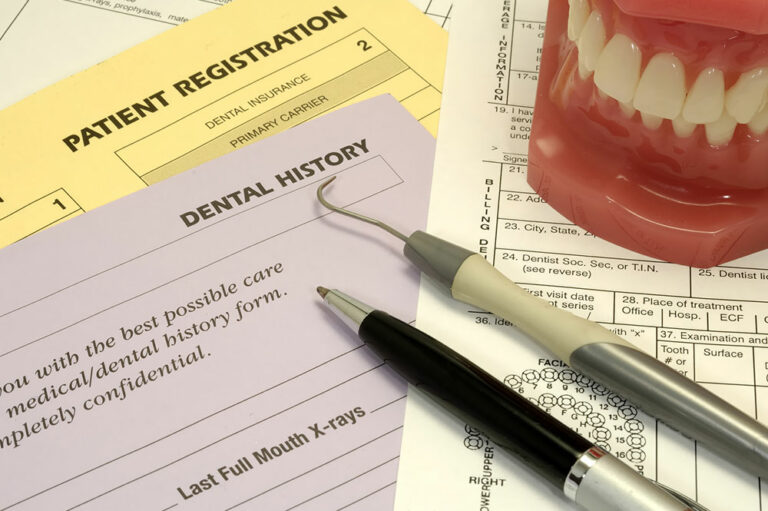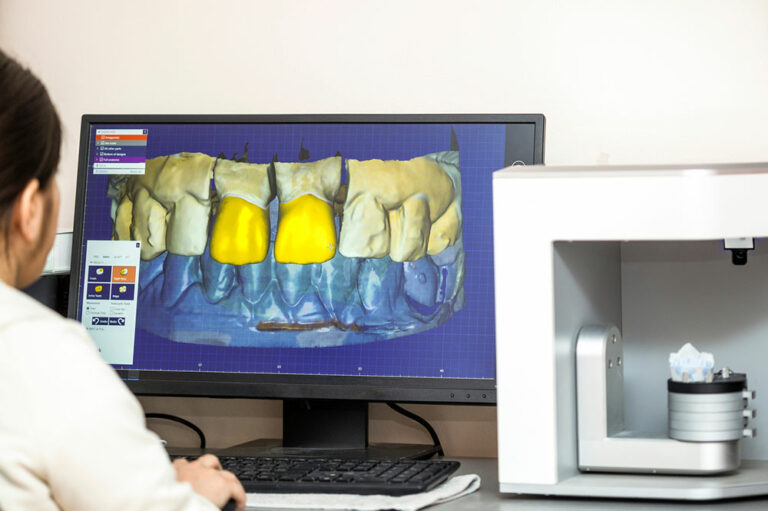9 adverse effects of dental implants

Dental implantation is a popular procedure for replacing missing teeth. It offers numerous benefits, such as improved appearance, function, and oral health. However, like any medical procedure, dental implants can have potential adverse effects and complications. It is important to note that most people who undergo a dental implant surgery do not experience severe problems. Nevertheless, it is crucial to be aware of the following potential adverse effects of implants.
Infection
Infections can occur at the implant site or in the surrounding gums (gingivitis or periodontitis). Proper oral hygiene and post-operative care are essential in reducing the risk of infection. An infection may require implant removal.
Implant failure
Dental implants may not integrate successfully with the jawbone, leading to implant failure. Various factors, such as poor bone quality, inadequate healing, or improper surgical technique can cause this. Implant failure typically results in the need for implant removal and replacement.
Nerve damage
In rare cases, a dental implant surgery can damage nerves near the jawbone, causing numbness or tingling in the lips, tongue, or chin. Most cases of nerve damage are temporary and resolve over time, but in some instances, it may be permanent.
Bone loss
While dental implants can stimulate the jawbone, long-term complications can arise if the implant does not integrate correctly or if there is peri-implantitis. Bone loss around the implant can lead to implant instability and failure.
Sinus complications
There is a risk of sinus complications for dental implants in the upper jaw, particularly in the back molars. The implant could protrude into the sinus cavity or cause sinusitis. Special care and surgical techniques are used to minimize these risks.
Allergic reactions
Although extremely rare, some individuals may develop allergic reactions to the materials used to make the implants, such as titanium or crown materials. Allergic reactions can cause localized inflammation, discomfort, or even implant failure.
Pain and discomfort
It is common to experience some pain, swelling, and discomfort after dental implant surgery. While this is usually temporary, some individuals may experience persistent pain or discomfort, which may require further evaluation and treatment.
Peri-implantitis
It is an inflammatory condition that affects the soft and hard tissues surrounding the implant. It is similar to gum disease (periodontitis) but specifically involves the implant area.
Prosthetic complications
Issues with the implant crown or bridge, such as loosening, chipping, or cracking, can occur over time. Regular dental check-ups are essential to detect and address these problems early.
It is crucial to choose an experienced dental implant surgeon, follow their post-operative instructions diligently, and maintain excellent oral hygiene. Regular check-ups and cleaning sessions are also essential for preventing any issues in the long run. In case of any unusual symptoms or discomfort after receiving dental implants, one must consult a dentist for appropriate evaluation and management.










